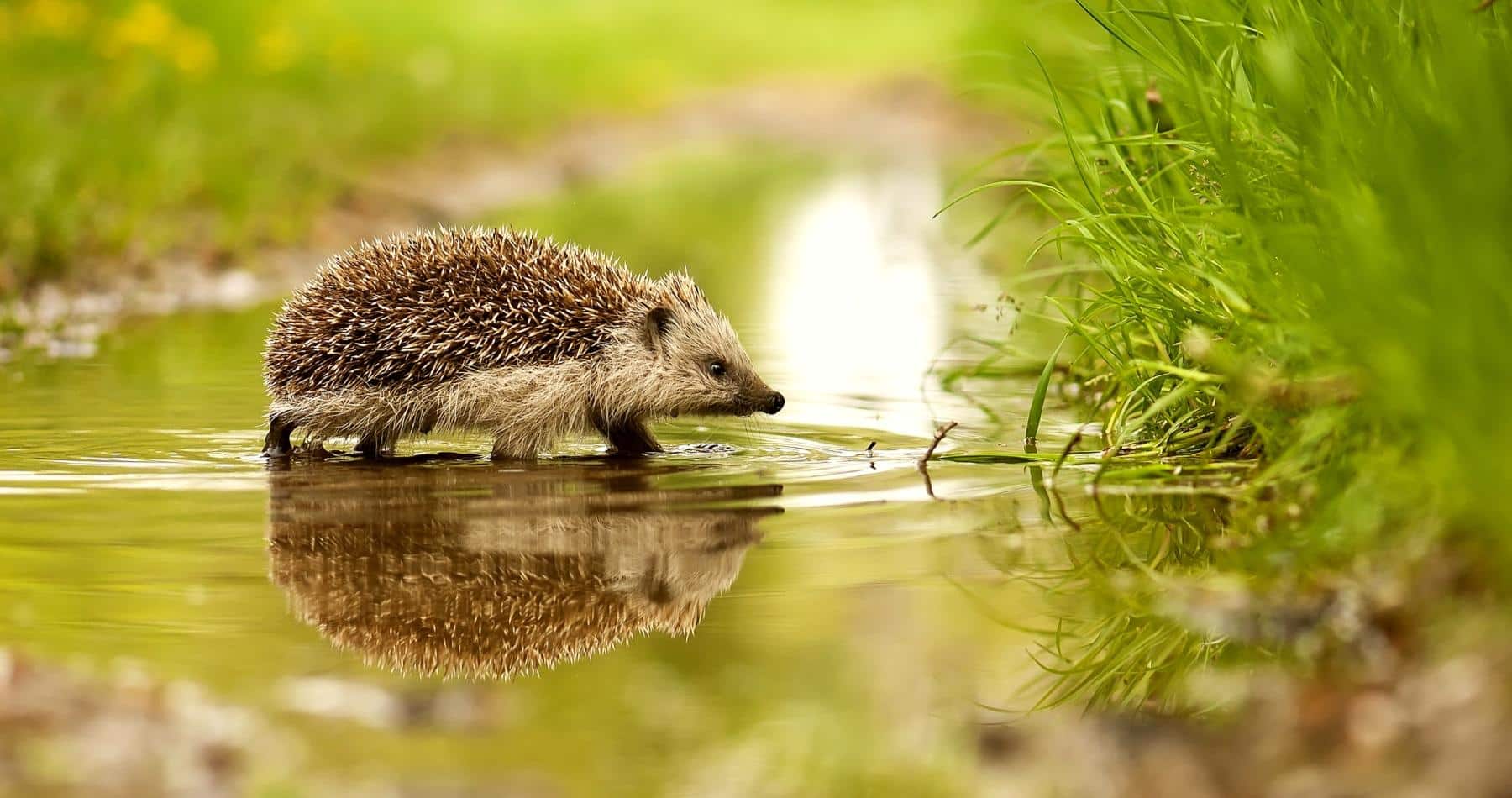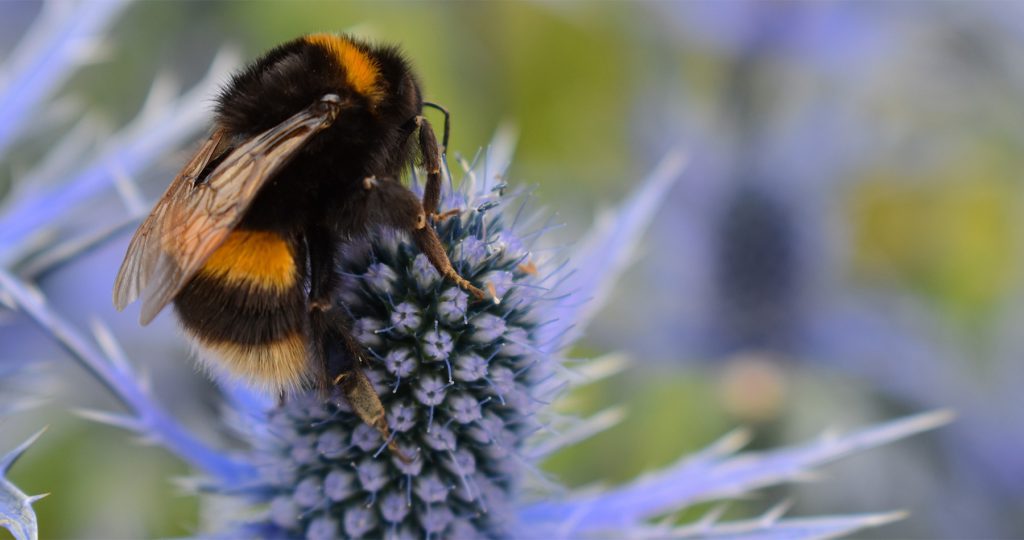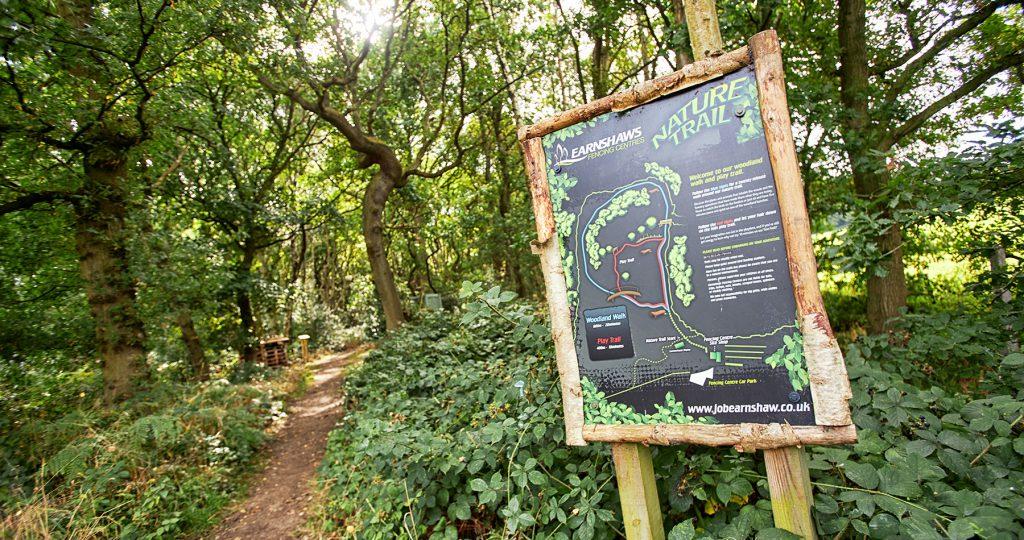Please add image or text logo

Here are some top tips for helping bees and protecting local wildlife!
During lockdown, wildlife has become accustomed to living without us. As spring marks the beginning of breeding season and also human life returning somewhat to normal, what can we do to protect our local wildlife at this pivotal point in nature’s calendar?
The busiest feeding time for bees is from spring to late autumn, however some species remain active throughout the year and rely on winter-flowering plants to help them to survive the colder months.
Here are some ways to help bees out year-round:
1. Reduce Pesticide Use
Pesticides do not discriminate when it comes to which insects they kill. Opt instead for companion planting or try to encourage natural predators.
2. Create Refuge Areas
Create a refuge area using a bundle of old sticks, ideally placed in or around trees and fences. Undisturbed piles of deadwood or soil also act as natural refuge areas, so leave those if you can!
3. Grow Wildflowers
Wildflower meadows provide essential sustenance to bees throughout the summer months.
4. Leave Some Grass Un-mown.
Longer, un-mown grass provides a safe shelter for bees during the winter, so providing a mixture of long and short is best for helping a variety of species at different times throughout the year.

Here are some top tips for helping wildlife to thrive:
1. Don’t Rush to Give Your Garden a Spring Clean
Wildlife is not always easy to spot, finding their nesting places in hedges and long grass. Therefore, it is best to leave any outdoor sprucing to slightly later in the year.
2. Keep An Eye Out While Driving
Some animals, such as common toads, will return to the same breeding ground year on year and will often take exactly the same route, regardless of what obstacles have presented themselves in the meantime. In turn, they can regularly find themselves in danger trying to cross roads. As toads, hedgehogs, badgers and other prevalent nocturnal species become far more active, we must remain vigilant while driving at night and in providing help where we can!
3. Provide Feed for Birds
Food shortages for birds can occur at any time, so it’s hugely beneficial to leave out food and water year-round. Take a look at our range of RSPB-approved bird feeds, bird tables and bird boxes.
4. Keep Dogs on Leads
Keeping your dog on a lead and sticking to marked footpaths is the best way to avoid even the friendliest of pets from scaring birds away from their nests, trampling on eggs or harming wildlife.
5. Don’t Litter
Sadly, littering is on the rise, which means vital habitats are becoming a danger to the animals they home. It is all too easy for animals to become tangled in, choke on or be suffocated by rubbish that is dropped.
6. Compost
Disposing of appropriate waste in a compost bin provides benefits for nature and for you! The compost will enrich your soil, while providing a home for worms, woodlice and even frogs.
Explore the woodland walk and nature trail at our Midgley centre to see the ways we try to help our local wildlife!
